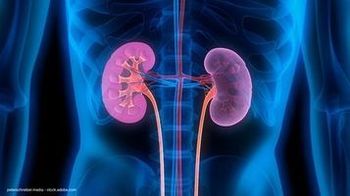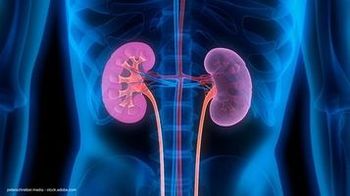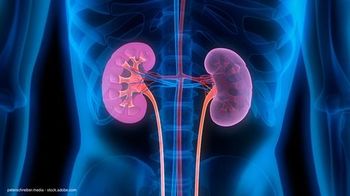
5-ARI helps slow early-stage prostate cancer growth
The 5-alpha-reductase inhibitor dutasteride (Avodart) appears to slow the growth of early-stage prostate cancer among men undergoing active surveillance, according to data presented at the Genitourinary Cancers Symposium in Orlando, FL.
The 5-alpha-reductase inhibitor dutasteride (Avodart) appears to slow the growth of early-stage prostate cancer among men undergoing active surveillance, according to data presented at the Genitourinary Cancers Symposium in Orlando, FL.
"I’m hoping that these results, showing that men may be able to take a drug that slows the cancer’s growth, may allow more men to pursue active surveillance for even longer periods," said lead author Neil Fleshner, MD, of University Health Network and Princess Margaret Hospital in Toronto.
In the REDEEM (Reduction by Dutasteride of Clinical Progression Events in Expectant Management of Prostate Cancer) study, Dr. Fleshner and colleagues tested whether dutasteride, currently indicated for the treatment of BPH, could control the growth of low-risk, early-stage prostate cancer and further reduce the potential use of more aggressive therapy in men following watchful waiting.
In the study, 302 men with early-stage prostate cancer randomly received either dutasteride or placebo for 3 years. Prostate biopsies were taken at 18 and 36 months or if they were warranted because of indications of disease progression. Researchers found that those taking dutasteride had a longer time to cancer progression compared with those taking placebo. In the dutasteride group, 38% of the men experienced some progression of their cancer, compared with 49% of the placebo group.
There was a reduced relative risk for cancer progression of 38.9% in the dutasteride group. Researchers also found that those men taking dutasteride had less chance of finding cancer on re-biopsy.
Dr. Fleshner has a financial or other relationship with GlaxoSmithKline.
Newsletter
Stay current with the latest urology news and practice-changing insights — sign up now for the essential updates every urologist needs.





